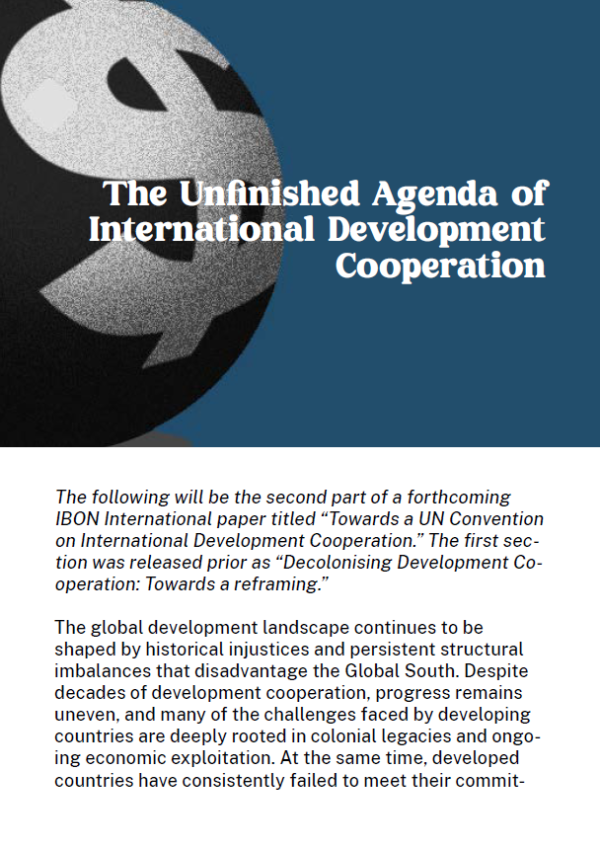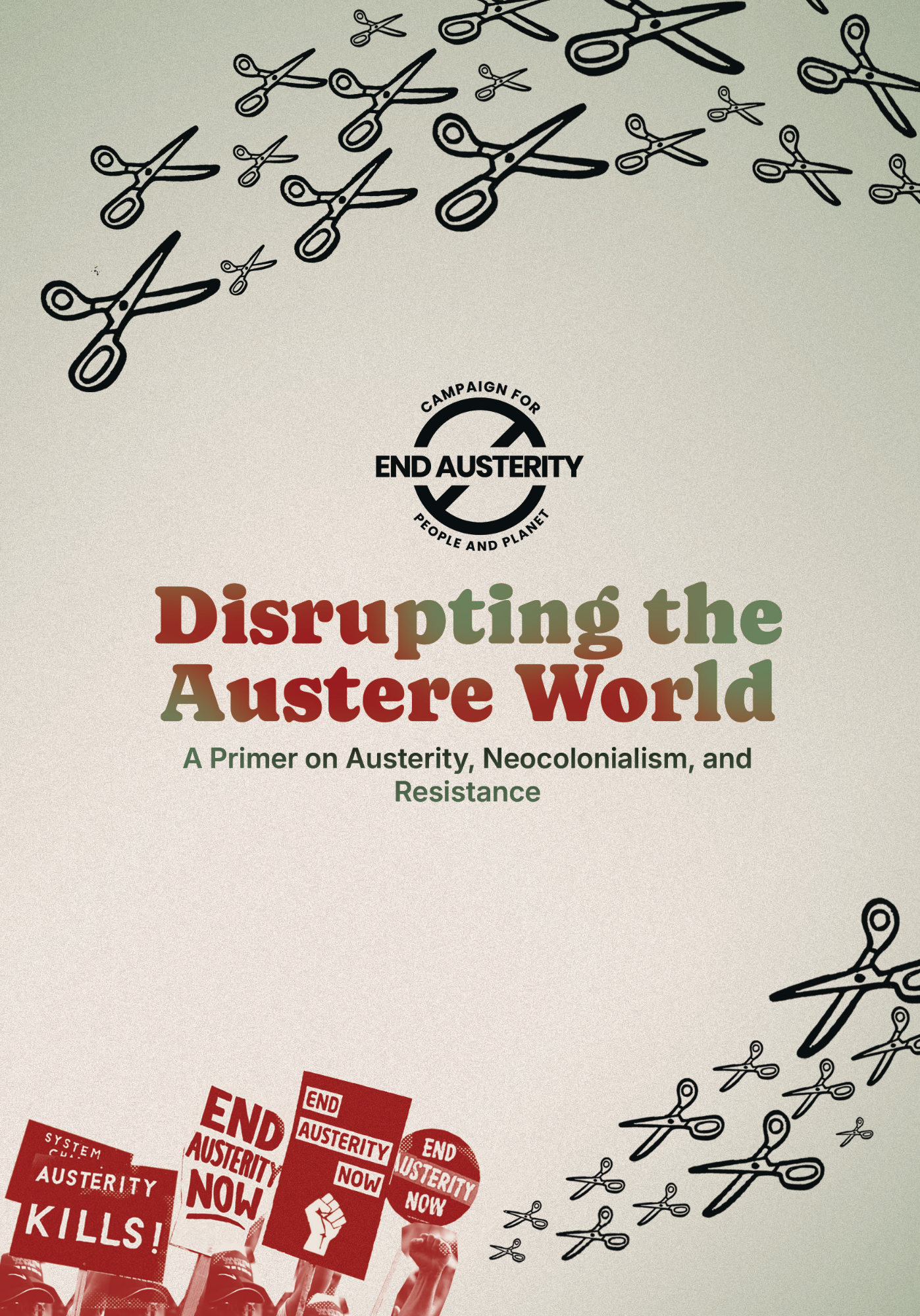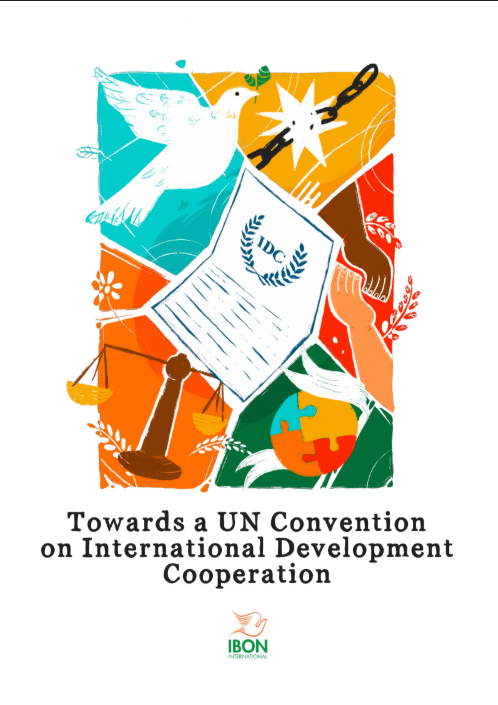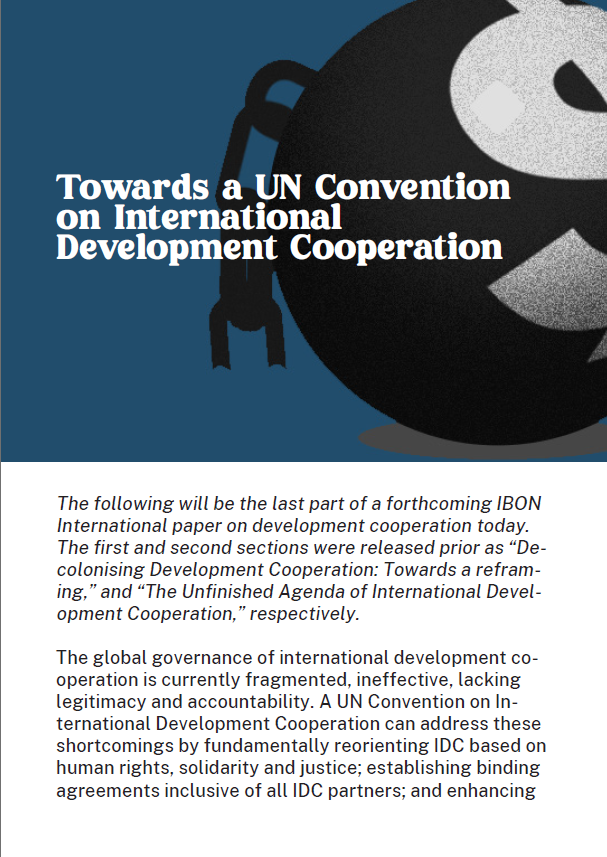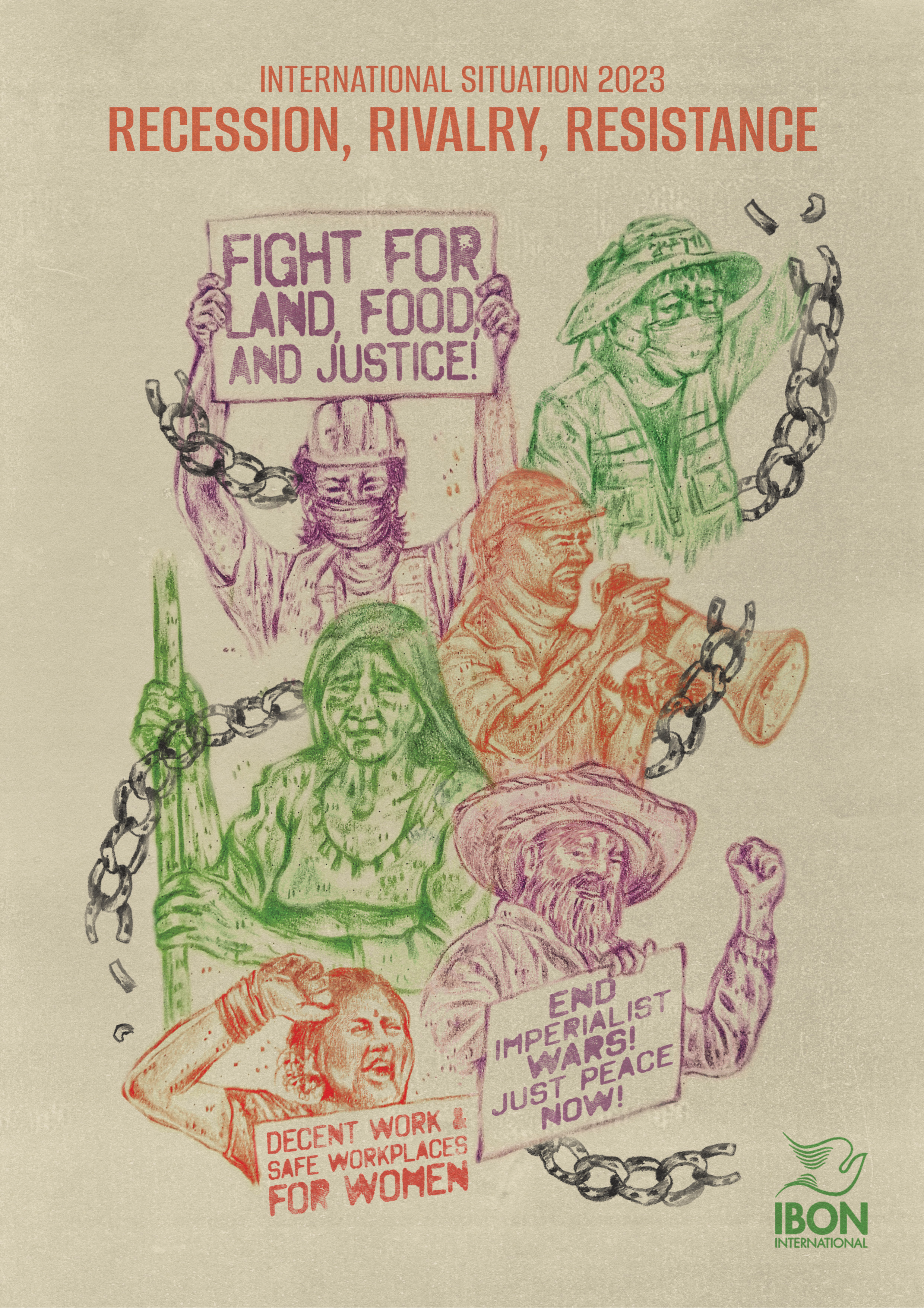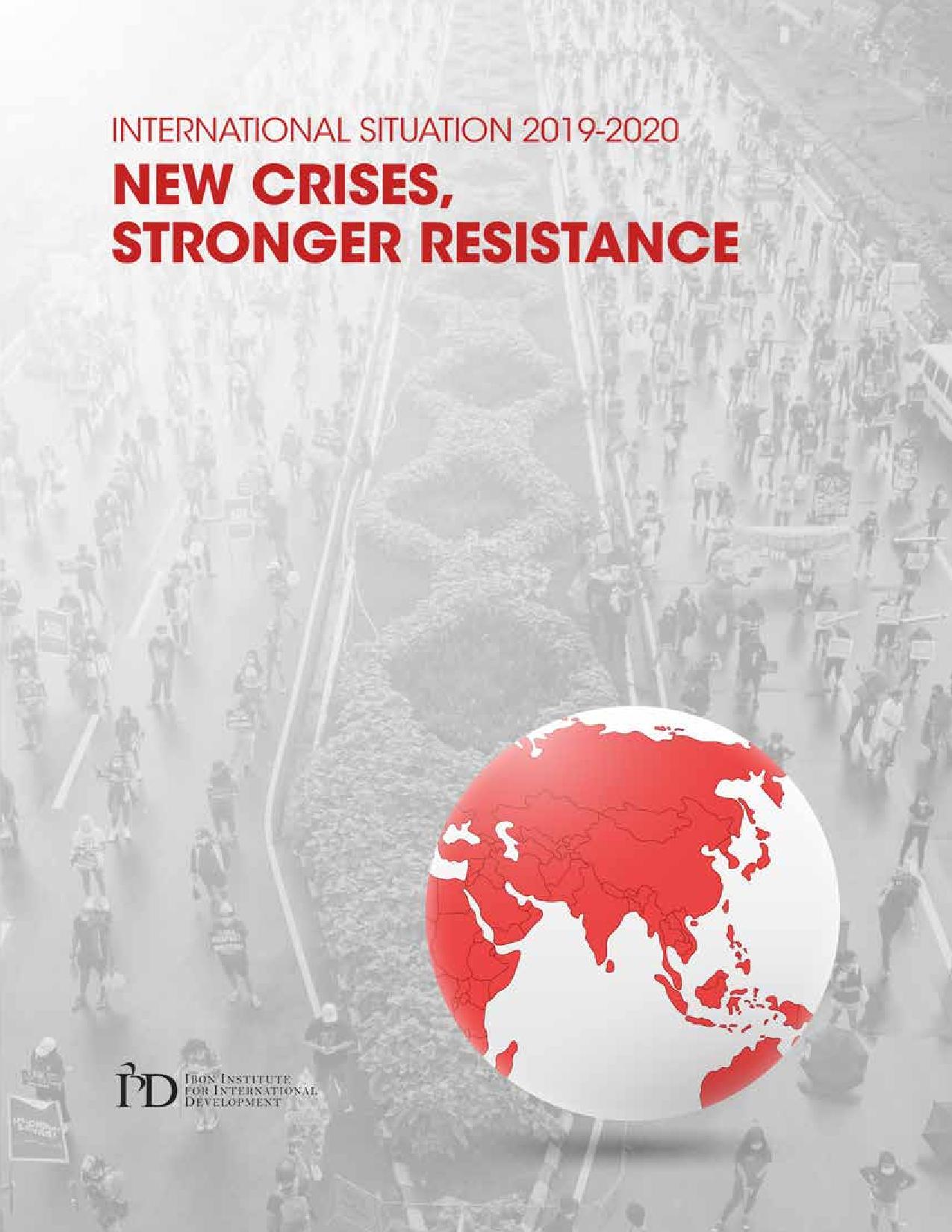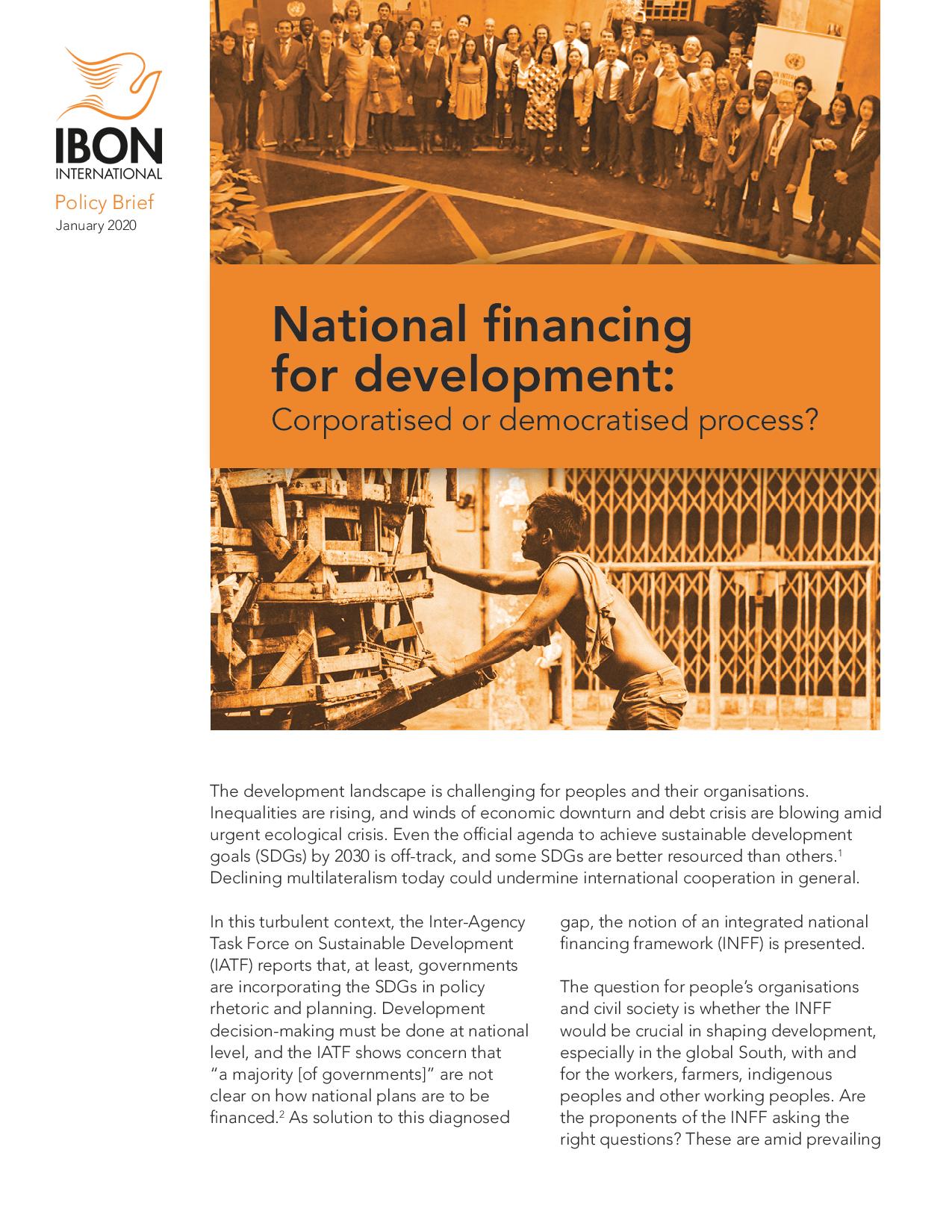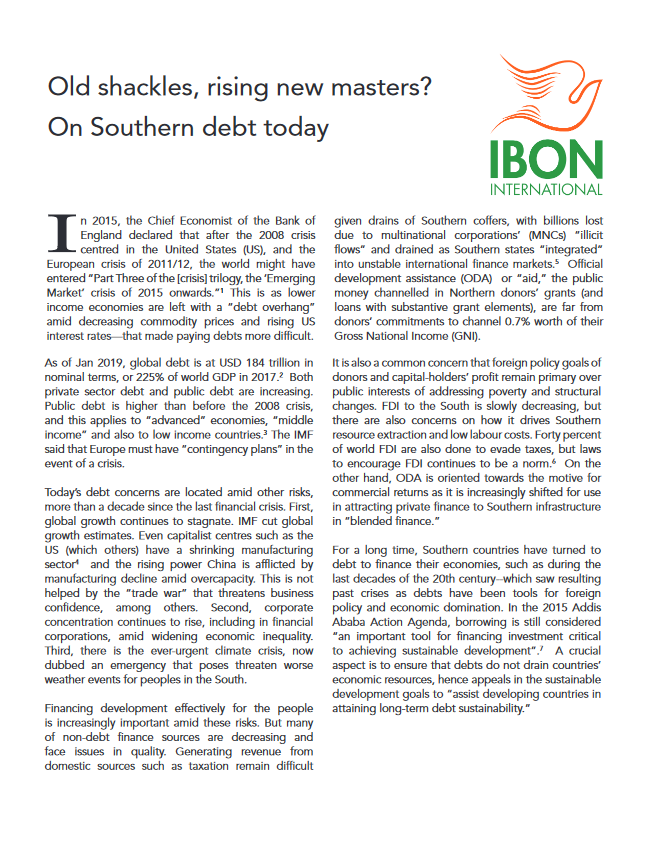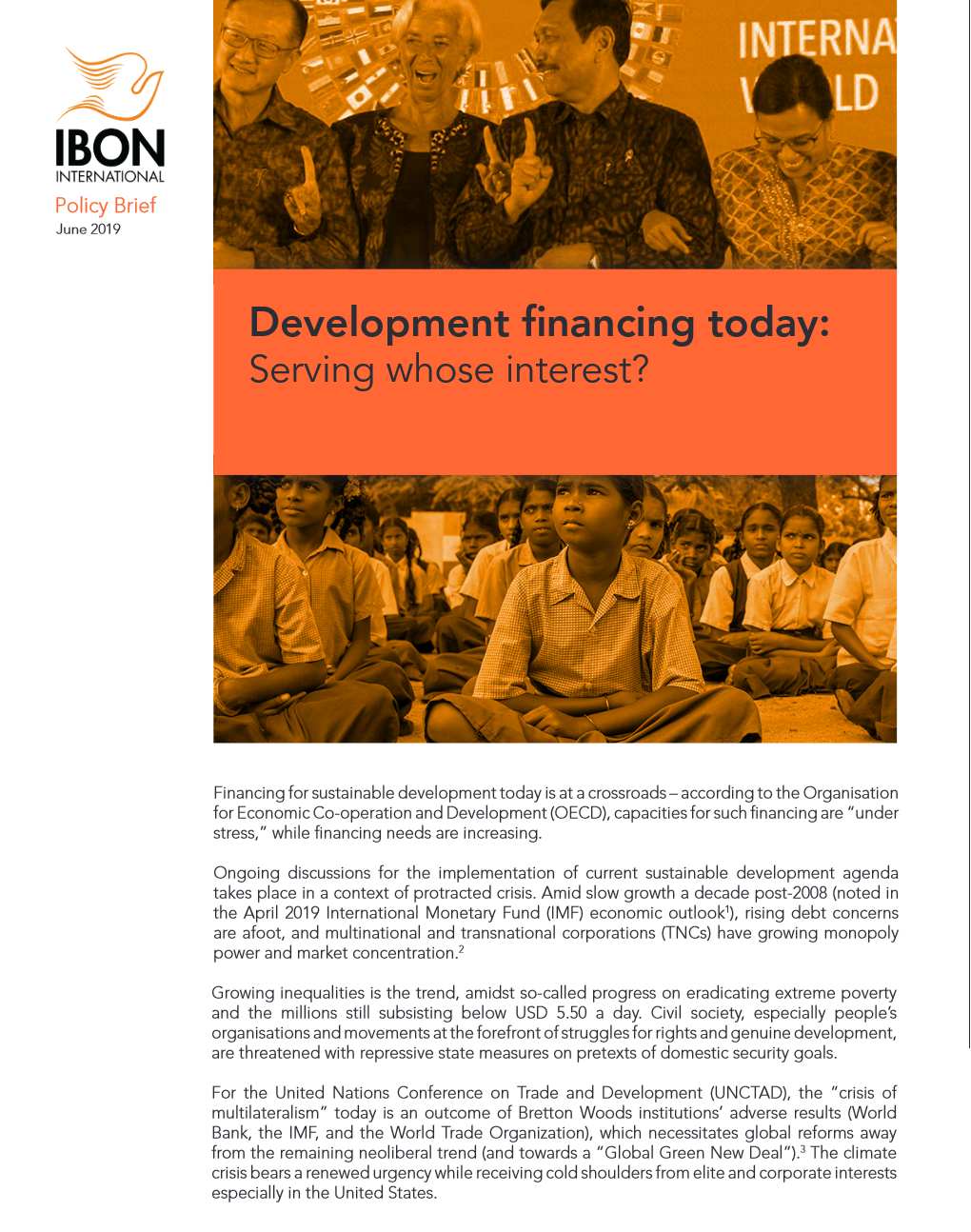The following will be the second part of a forthcoming IBON International paper titled “Towards a UN Convention on International Development Cooperation.” The first section was released prior as “Decolonising Development Cooperation: Towards a reframing.”
The global development landscape continues to be shaped by historical injustices and persistent structural imbalances that disadvantage the Global South. Despite decades of development cooperation, progress remains uneven, and many of the challenges faced by developing countries are deeply rooted in colonial legacies and ongoing economic exploitation. At the same time, developed countries have consistently failed to meet their commitments to official development assistance (ODA), both in quantitative terms (e.g., the 0.7% Gross National Income target) and in qualitative terms (e.g., adherence to development effectiveness principles). Given these persistent failures, there is a pressing need for a legally binding United Nations Convention on International Development Cooperation. Such a convention could strengthen accountability, address structural imbalances, and create a more just and effective global development framework.
